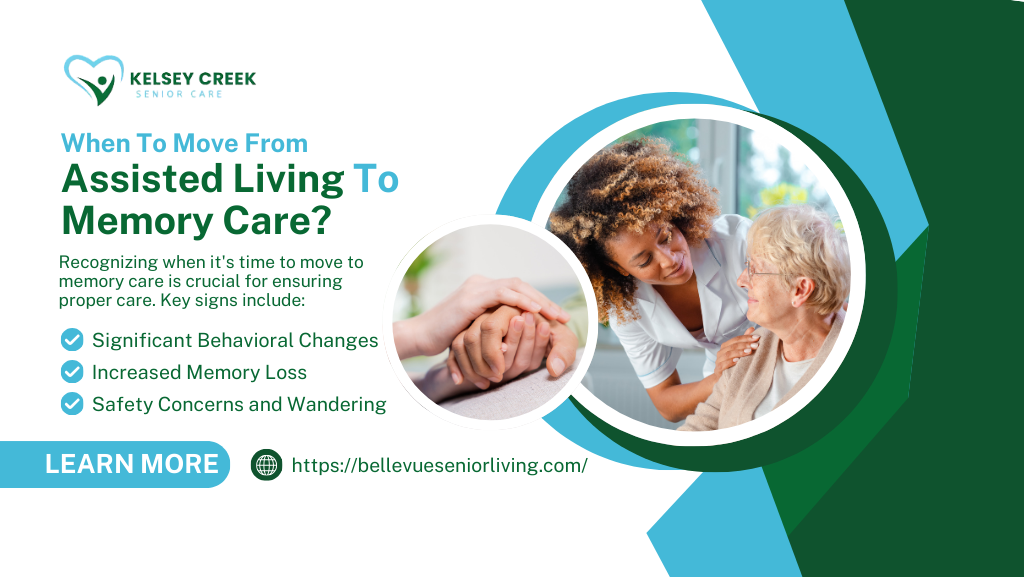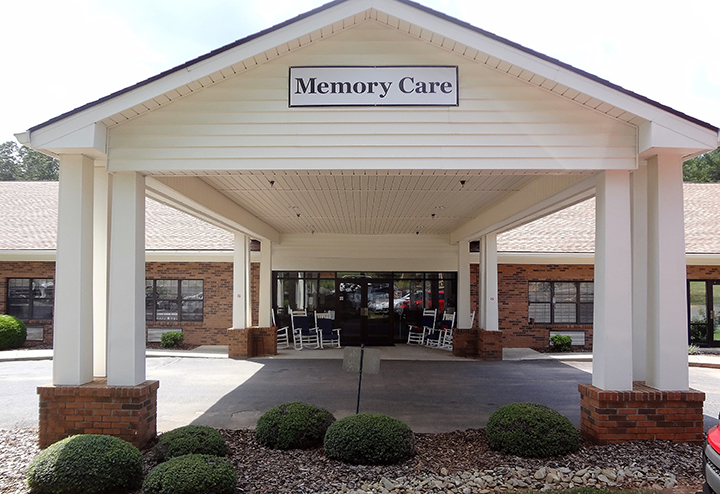Developing a Safe and Helpful Setting for Alzheimer's Care
The development of a supportive and risk-free setting for people with Alzheimer's is paramount in boosting their quality of life. Exploring these complex approaches can reveal crucial insights into reliable caregiving strategies that might change the day-to-day experiences of both patients and caretakers.
Recognizing Alzheimer's Demands
Often, individuals with Alzheimer's illness display a range of needs that require customized strategies to care. As the problem advances, cognitive decline shows up in numerous means, affecting memory, reasoning, and even the capacity to do everyday activities. Caretakers have to acknowledge these developing needs to give proper support and guarantee a higher top quality of life for those impacted.
One important element of understanding Alzheimer's demands is acknowledging the significance of regular and experience. Individuals often discover comfort in well-known patterns, which can minimize stress and anxiety and confusion. Caregivers need to make every effort to develop organized everyday schedules that integrate purposeful tasks lined up with the individual's rate of interests and abilities.
Additionally, effective interaction is paramount. People with Alzheimer's might battle to share themselves or comprehend complicated language. Caretakers ought to employ easy, clear language, use non-verbal hints, and technique energetic paying attention to foster understanding and connection.
Last but not least, emotional and social needs can not be ignored. Supplying opportunities for social interaction and maintaining connections can significantly boost emotional wellness. Caregivers ought to urge involvement in area tasks or family events, promoting a feeling of belonging and objective. Recognizing these diverse demands is essential for creating a supportive treatment environment.
Creating a Safe Home
Creating a secure home for individuals with Alzheimer's condition is important to lessening dangers and advertising independence. The style of the space must focus on safety while enabling personal comfort. Initially, get rid of possible hazards such as loosened carpets, sharp objects, and clutter, which can lead to falls or mishaps. Ensure that pathways are clear and well-lit, as correct illumination minimizes disorientation and boosts wheelchair.
Including flexible attributes is also important. Mount grab bars in washrooms and near stairs, and take into consideration utilizing non-slip floor coverings in damp locations. Additionally, making use of contrasting shades for floorings and wall surfaces can help in distinguishing spaces, helping to minimize confusion.
Knowledge is very important for people with Alzheimer's. Personalizing the setting with acquainted objects and photos can reinforce a sense of belonging and safety and security - Alzheimers Care Charlotte. It is likewise beneficial to have a designated area for daily tasks, such as analysis or crafting, which can offer framework to their day
Finally, carrying out a secure outdoor space permits risk-free exploration while getting in touch with nature. By attentively creating the home environment, caretakers can considerably boost the lifestyle for individuals dealing with Alzheimer's illness.
Enhancing Communication Abilities

Non-verbal communication, consisting of face expressions, gestures, and touch, plays a critical duty in communicating empathy and understanding. Keeping eye get in touch with and a calm temperament can boost the convenience degree of the person, promoting a sense of safety.
Furthermore, it is very important to exercise energetic listening. This involves being completely existing, showing persistence, and permitting the individual to express themselves without disruption. you can check here Repetition might be essential; caregivers should be prepared to revisit inquiries or subjects, as people with Alzheimer's might struggle with memory recall.
Furthermore, using aesthetic help or cues, such as photographs or acquainted things, can facilitate recognition and involvement. Ultimately, enhancing interaction abilities is concerning building trust and developing a setting where people really feel listened to, valued, and understood, consequently improving their high quality of life.
Urging Social Interaction
Fostering meaningful social communications can considerably enhance the wellness of individuals with Alzheimer's disease. Involving with others not only aids battle sensations of isolation however additionally promotes cognitive feature and psychological health and wellness. Structured social activities, such as group arts, see here now games and crafts, or songs therapy, create chances for citizens to attach with peers and caregivers, which can cause enhanced mood and minimized anxiousness.
Creating a welcoming atmosphere that urges socializing is vital. This can be accomplished by arranging public rooms that facilitate communication, such as cozy seating locations or activity spaces. In addition, including familiar and culturally pertinent tasks can spark memories and motivate participation, allowing people with Alzheimer's to really feel even more connected to their previous experiences.
Additionally, caretakers need to be trained to recognize and advertise social engagement among locals. Basic motions, such as launching conversation or helping with tiny team conversations, can help individuals really feel valued and included. Frequently arranged get-togethers must correspond yet adaptable, fitting differing degrees of capability and interest. By prioritizing social interaction, we can substantially enrich the lives of those dealing with Alzheimer's, promoting a feeling of area and belonging.
Supporting Caregiver Wellness

To support caregivers, companies must use normal training and instructional sources to improve their understanding of Alzheimer's disease and caregiving techniques. Supplying access to reprieve treatment solutions allows caretakers to take essential breaks, minimizing tension and exhaustion - Alzheimers Care Charlotte. Additionally, fostering a neighborhood explanation via support system can assist in psychological sharing and the exchange of sensible suggestions amongst caretakers, producing a network of mutual support
Psychological health resources, such as counseling services, can likewise be vital in resolving the psychological toll caregiving can take. By focusing on caretaker health, we develop a more sustainable caregiving atmosphere that not only benefits the caregivers themselves but additionally boosts the overall high quality of treatment gotten by people with Alzheimer's. Inevitably, supporting caregivers is a vital element in cultivating a effective and caring care setup.
Conclusion
To conclude, the production of a secure and helpful setting for people with Alzheimer's is important to boosting their high quality of life. By prioritizing security with thoughtful layout, cultivating emotional well-being with familiar aspects, and advertising engagement through structured regimens, caregivers can dramatically affect the general experience of those impacted by this condition. Sustaining caretaker wellness is important, as it eventually contributes to a much more effective and caring care setting.
Rep may be necessary; caretakers ought to be prepared to revisit topics or questions, as people with Alzheimer's might battle with memory recall.
